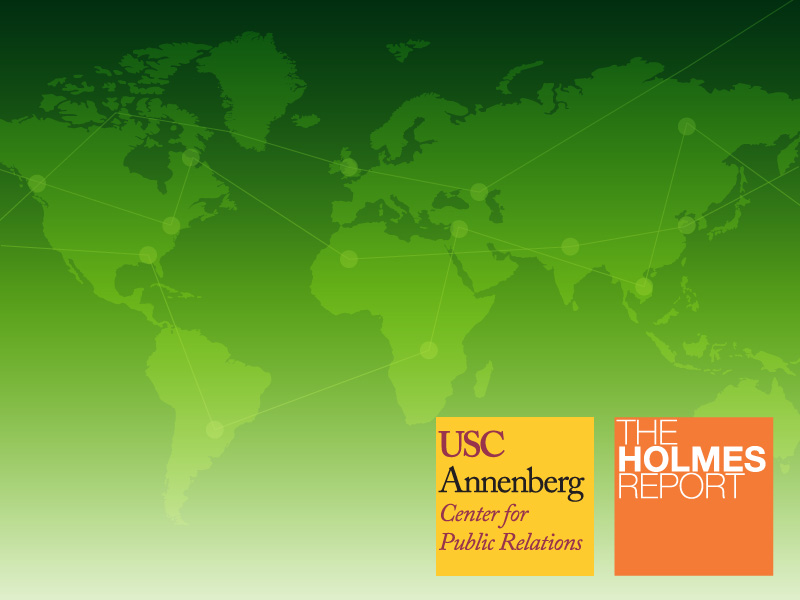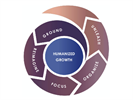Paul Holmes 02 Apr 2017 // 6:59PM GMT

LOS ANGELES—More than 80% of public relations students interviewed for the 2017 Global Communications Report—a partnership between USC Annenberg’s Center for Public Relations and The Holmes Report—say it is important to work for a company with a well-defined social purpose (84%) and in an industry with a well-defined social purpose (81%).
But fewer than two-thirds (60%) believe the public relations industry itself has a well-defined social purpose. And while 81% say they want a job that will make a positive difference to society, only 50% believe that’s likely to true of a job in PR.
And large numbers of students believe the PR industry is falling short when it comes to many of their other career priorities. For example, 87% want to be able to learn new skills, but only 65% believe PR jobs will offer that opportunity; 78% say they want a wide variety of work experiences, but only 62% expect a PR job to deliver; 77% want to work in a profession with a positive reputation and just 35% think that’s true of PR at the moment.
Most telling, however: 78% say attractive compensation and benefits are important to them, but just 27% believe a PR job will provide the necessary income.
Despite all this, 58% of students say they believe public relations is an “aspirational career choice,” compared to just 32% of practitioners. And an even higher number of students (68%) say they are proud to work in public relations.
But students—surveyed for the Global Communications Report for the first time this year—are also concerned about their own levels of preparedness when it comes to changes in the industry. Fewer than half of students say they feel prepared to deal with some of the most important new trends in public relations:
- Social listening, identified by marketers as the most significant new trend for PR people: just 46% of students feel prepared to tackle social listening, although 57% are interested;
- Real-time marketing, another trend that rated high among marketers: just 38% feel prepared, while 50% say they are interested;
- Big data, rated the fourth most significant trend by PR practitioners: just 30% feel prepared, and just 40% are interested;
- Artificial intelligence and virtual reality, two emerging areas: 17% and 20% respectively feel prepared, while 40% and 46% are interested.
Levels of preparation were better for some of the other trends: 58% of students felt ready to help develop branded content; 55% felt prepared to work on digital storytelling (rated the most important trend by PR professionals); and 52% felt ready to help companies develop and communicate their social purpose. But in all of the new trend areas, preparedness felt short of interest levels, often by 10-20 percentage points.


































.jpg)
















